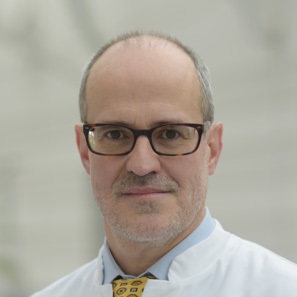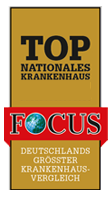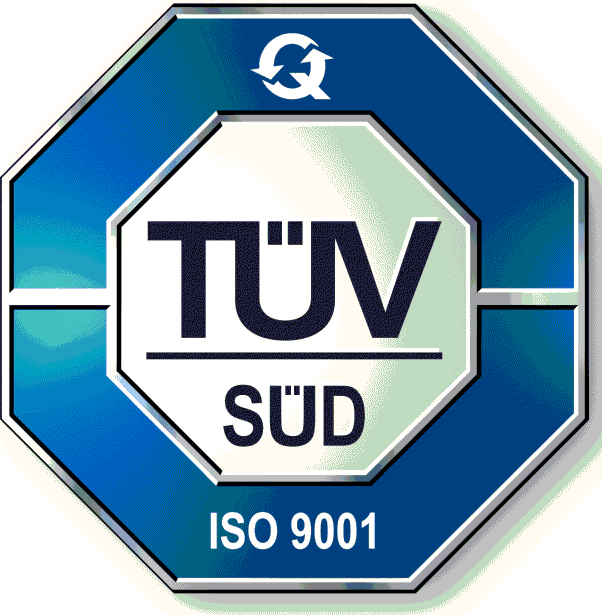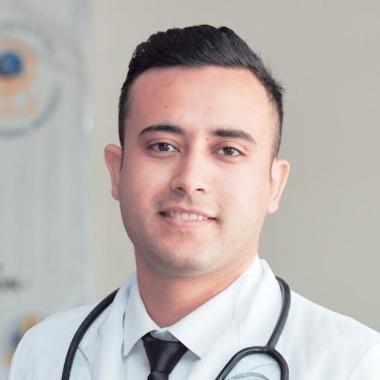Charite University Hospital

Head of the Department
Prof. Dr. Winfried Brenner
Department of Nuclear Medicine
The Department of Nuclear Medicine at Charite university hospital offers complete nuclear medicine diagnostics and therapy - at three locations in Berlin.
The term nuclear medicine means a variety of diagnostic and therapeutic examinations and treatment methods. For example, nuclear medicine examinations are used for circulatory, perceptive and digestive disorders or even for unclear inflammatory symptoms. But even with rheumatism or skeletal diseases, the nuclear medicine analysis provides important answers. Nuclear medical examinations help to examine the function of organs and to detect functional disorders at an early stage. This applies to both benign and malignant diseases.
At Charite, there are the two most innovative pillars of nuclear medicine.
Multimodal Hybrid Diagnostics: a combination of nuclear medicine and radiological imaging in one examination device, such as SPECT/CT, PET/CT, and PET/MR, which enables accurate and rapid disease detection.
The Nuclear Medicine Therapy offers an additional treatment of benign and malignant thyroid diseases with radioiodine, as well as new innovative therapies.
A selection of the therapeutic range of services can be found below:
- the radiopeptide therapy (PRRT) of neuroendocrine tumors,
- selective internal radiotherapy (RE, SIRT ) of primary liver tumors and liver metastases,
- the Lu177-PSMA therapy of metastatic hormone-refractory prostate cancer,
- the Ra-223 therapy of bone metastases of prostate cancer,
Patient care is divided into four core areas: Nuclear Medicine Diagnostics, Thyroid Consultation, PET Center ( PET / CT and PET / MRI ), and Nuclear Medicine Therapy. The fields of medical physics and radiopharmaceutical chemistry are two other pillars of the clinic.
The multimodal imaging methods of nuclear medicine allow a painless and very accurate mapping of functioning, blood circulation and metabolic states of internal organs.
Nuclear medicine is a special method of detecting disease causes early on by means of weak radioactive substances.
Therefore, nuclear medicine procedures are particularly used in the fields of oncology, neurology, cardiology, surgery, orthopedics, otorhinolaryngology, internal medicine, urology, gynecology and in neurology/psychiatry.





